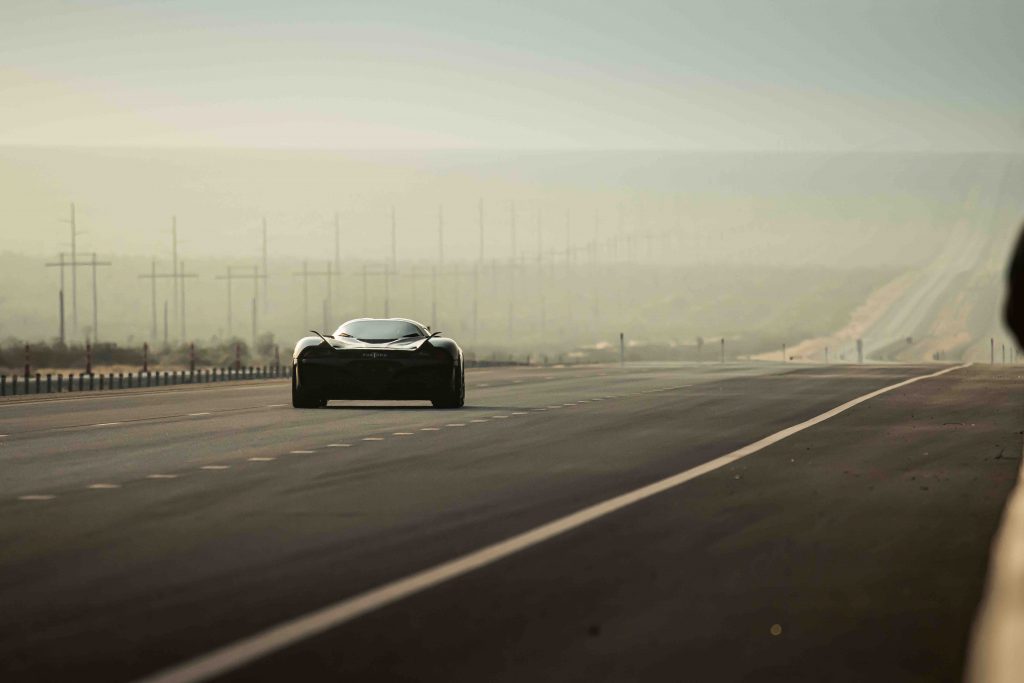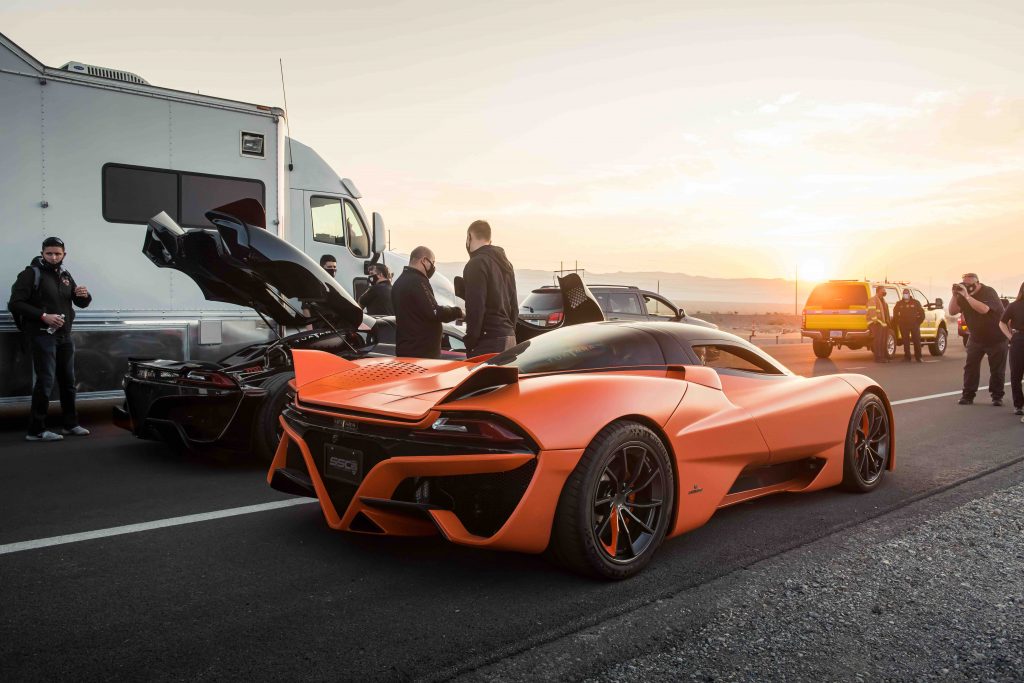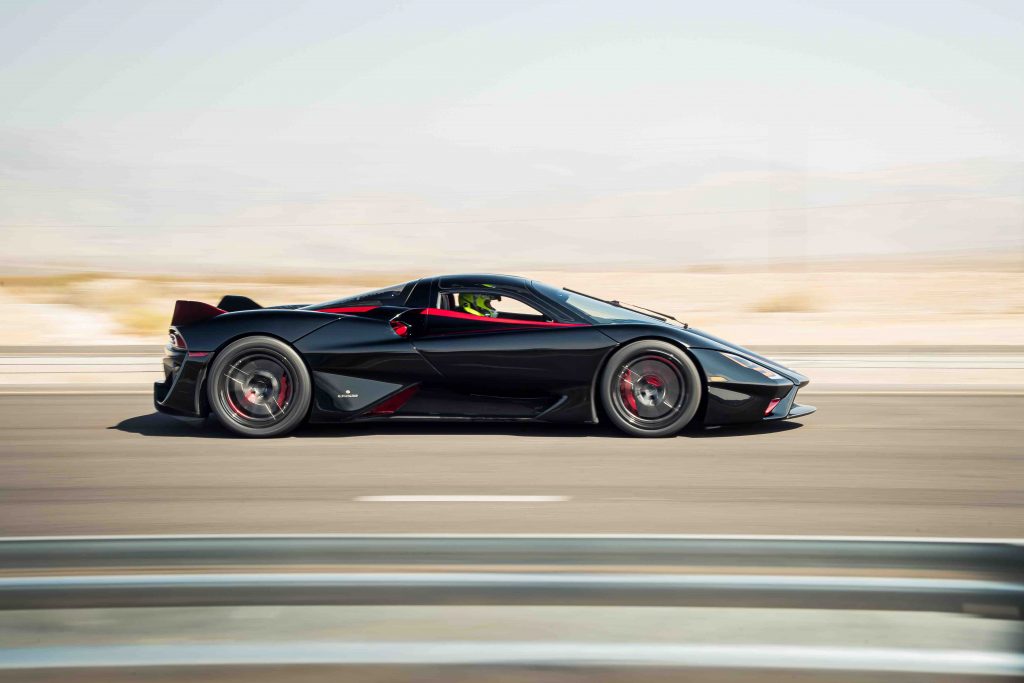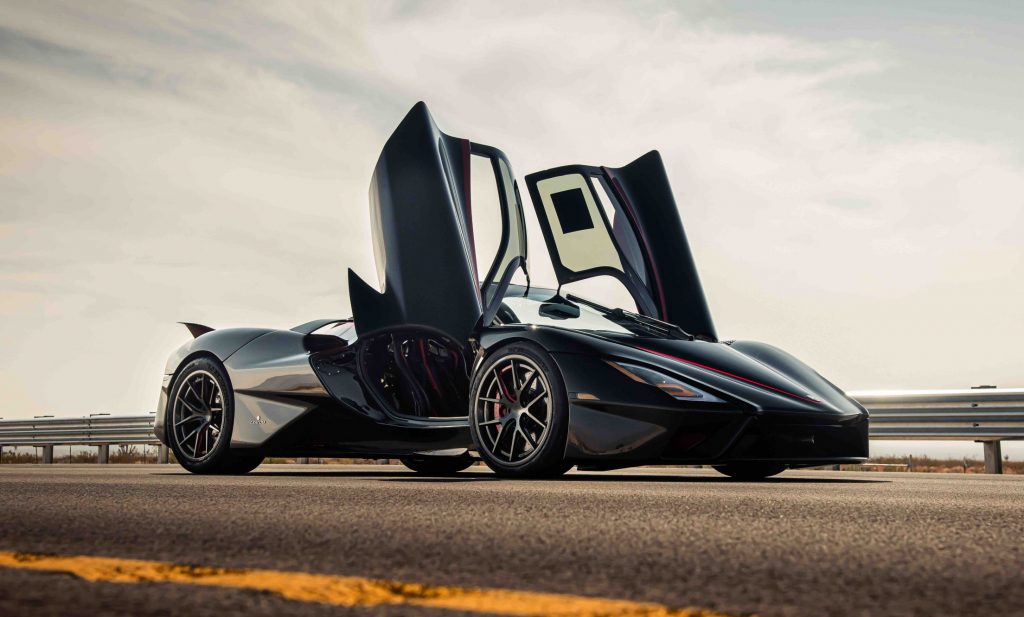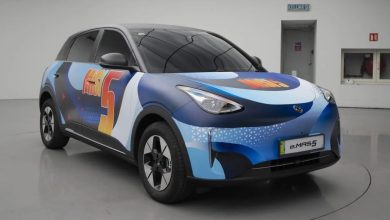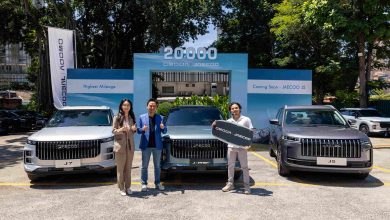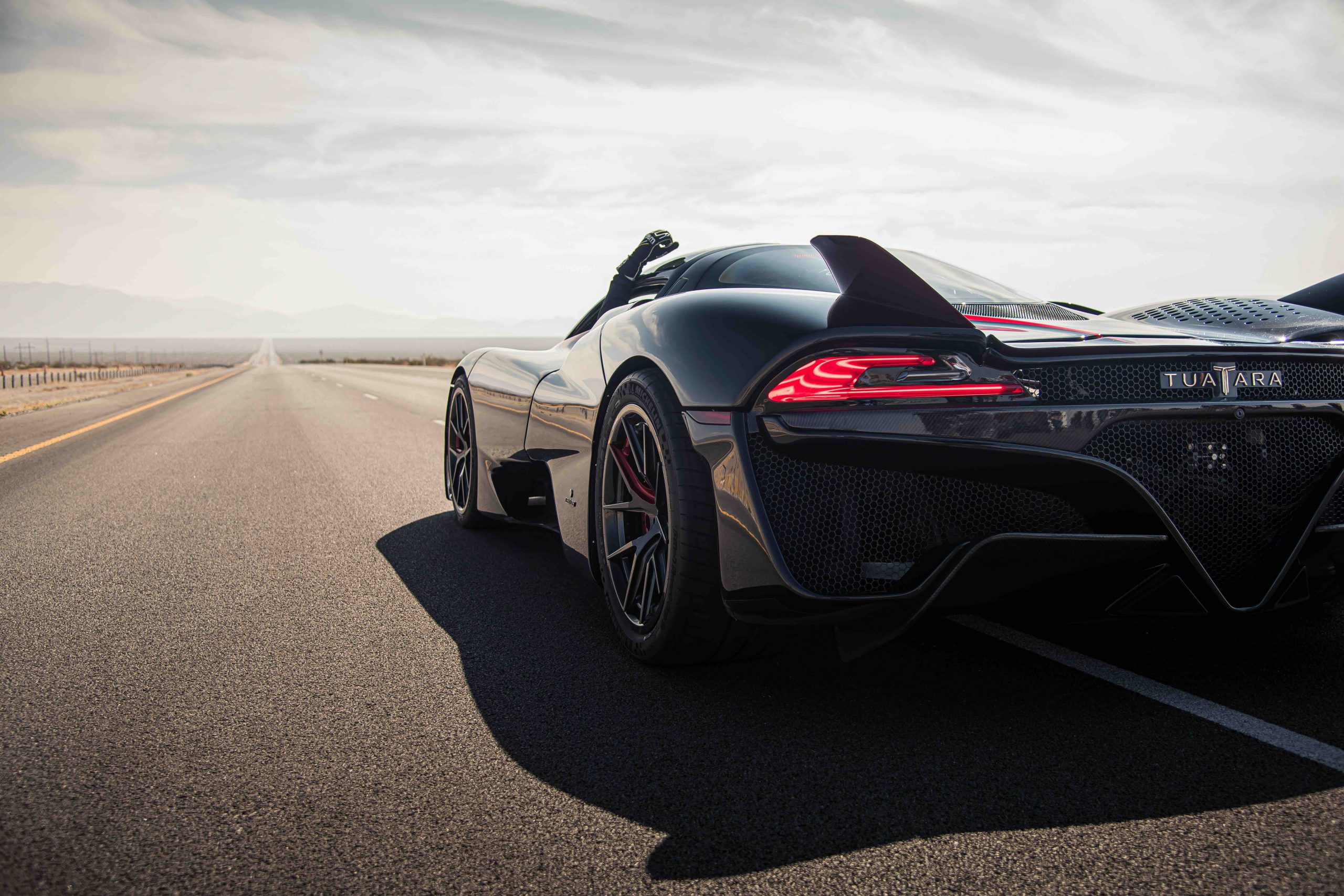
“Don’t ever, ever try to lie to the internet – because they will catch you. They will deconstruct your spin. They will remember everything you ever say for eternity” – Gabe Newell
There was a lot of fanfare last week in the automotive community about the SSC Tuatara reaching top speed of 508.73 km/h (316.11 mph). Much like its SSC Ultimate Aero predecessor, America has finally reclaimed the production car land speed record, and in the process be the first production car to be certified at over 500 km/h.
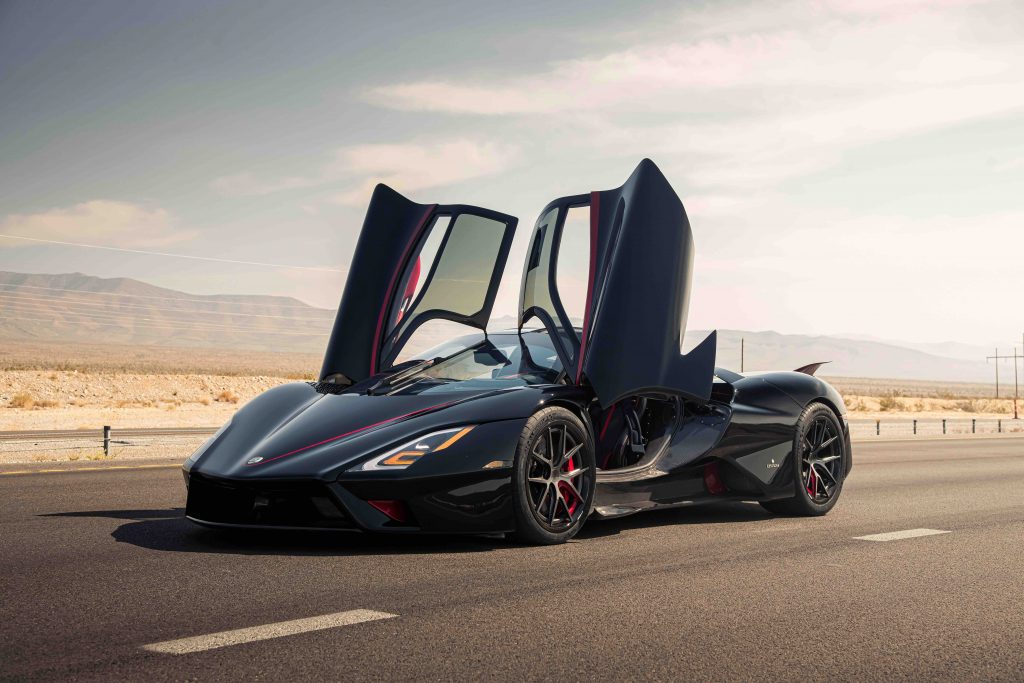
Naturally, this entire record-breaking attempt was filmed to document the momentous occasion. A well-edited video was also published by SSC to promote this achievement. However, it was since people started having a closer look at these recordings that has turned some of this fanfare into doubt.
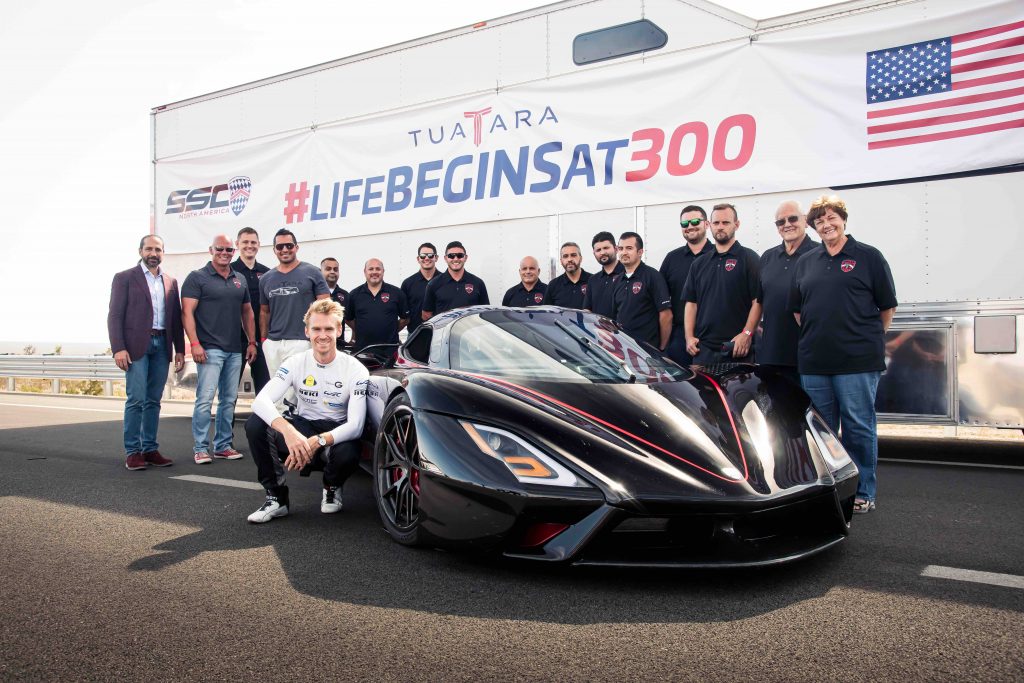
For what began as a post on a Koenigsegg forum, the allegation about this faked record has been steadily gaining traction among automotive circles over the past couple of days. Before finally blowing up as notable automotive YouTuber Shmee150 posted a video questioning the legitimacy of this top-speed record by SSC.
The controversy surrounding this top-speed record stems from the telemetry data and the footage being out of sync. Moreover, the engine and transmission specifications were also called into question about their capabilities to achieve that road speed at that particular engine speed and gear position.
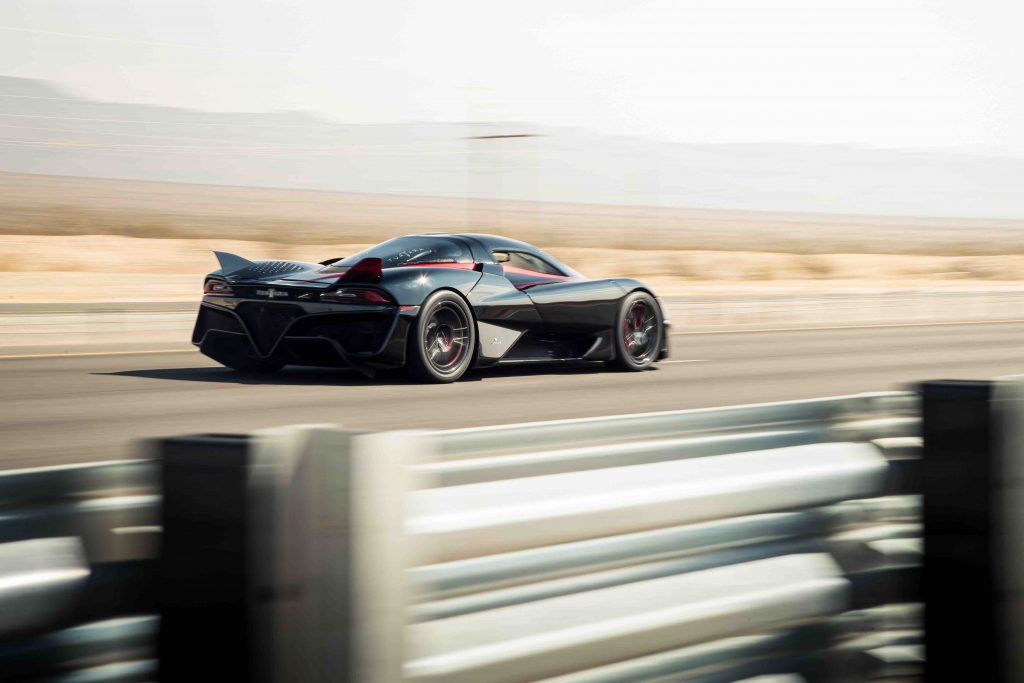
To cut a very long story short, there were allegedly just too many perceived inconsistencies about the information released about this record breaking attempt. Which have led many to believe that the Tuatara did not actually crack this headline grabbing number.
That said, being diplomatic for a second, there are reasonable explanations to all these allegations posted above. In regards to the video inconsistencies that many have pointed to as the smoking gun, more reasonable heads claimed that it is probably the footage from the first run being used as the main run.
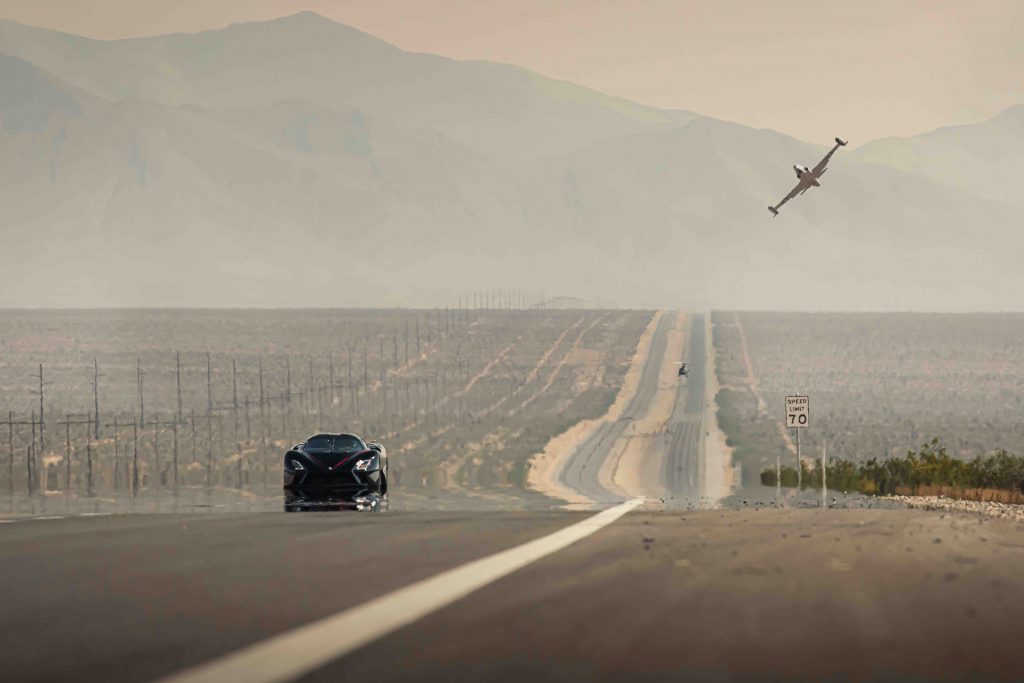
While this is still an odd choice for the automaker to decide on, it could just be down to the fact that the film was a better quality then. The driver did indeed note a violent cross-wind on the second run of the day, a run that resulted in the 532.93 km/h (331.15 mph) top speed which incidentally helped the Tuatara clinch the top speed record. So perhaps the shakiness of the camera wouldn’t have been too appealing to for publication of this top-speed achievement.
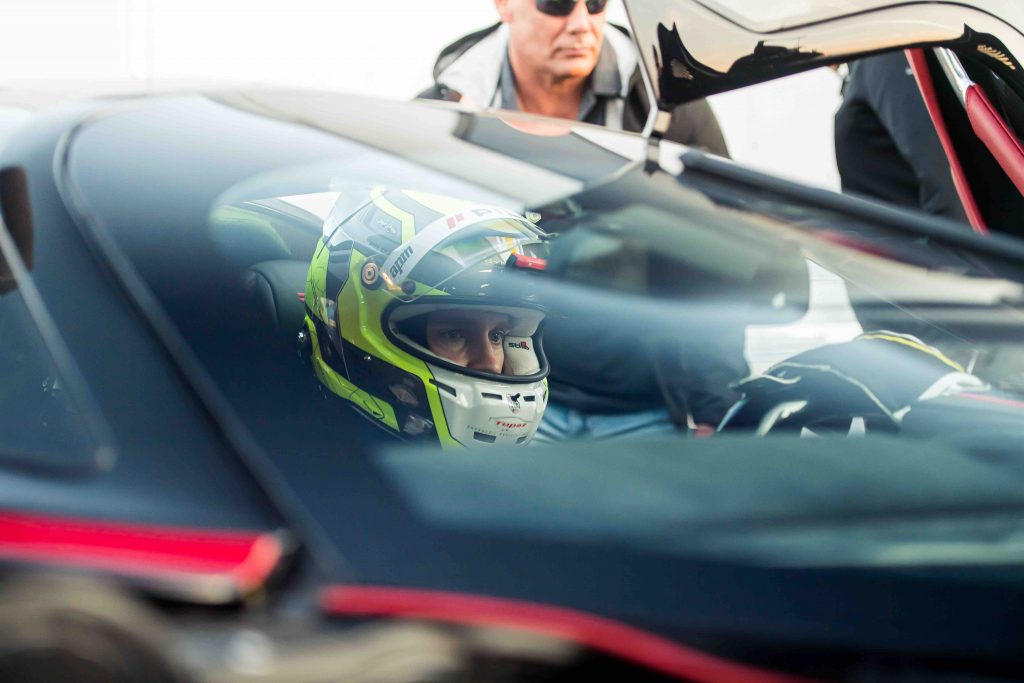
Of course, some of the blame in this brewing storm of controversy also lie in the hands of SSC. They should have came out sooner with the raw data to quell these rumours when it first started circulating. Thus far however, the automaker has yet to respond to any of these growing concerns regarding the legitimacy of the record.
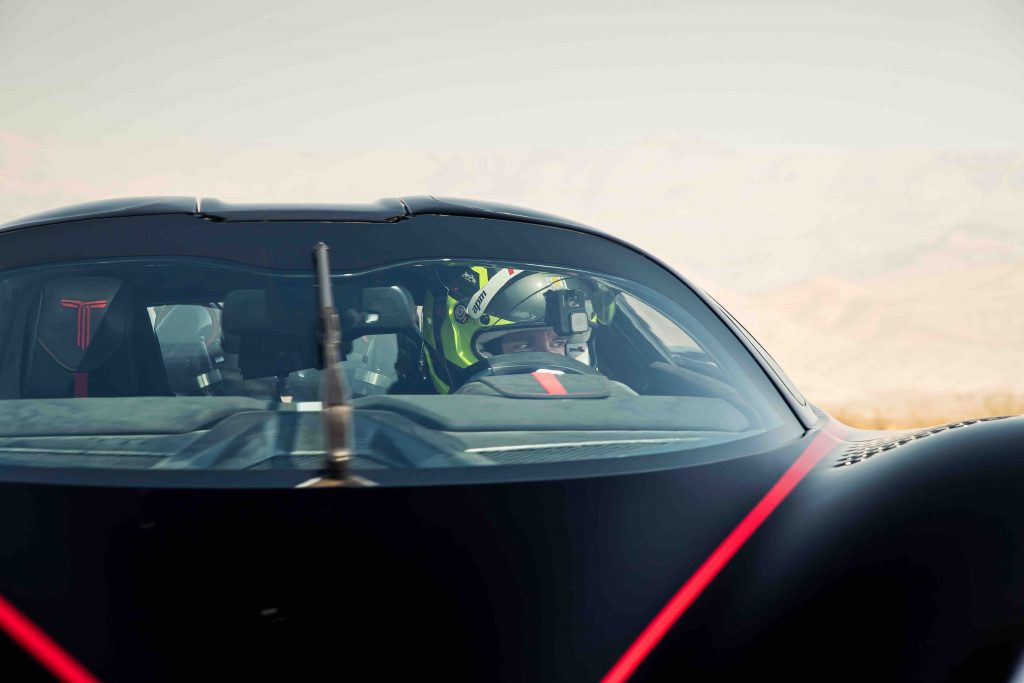
Late breaking news: SSC has since issued an official statement claiming that the top speed record of the Tuatara was indeed genuine, and has backed it up with validation from GPS data by Dewetron.
Dewetron is a globally respected GPS data-measurement manufacturer that has since measured and validated four out of five of the last world top-speed records attempted by SSC, including the initial record-breaking attempt performed by the Ultimate Aero.
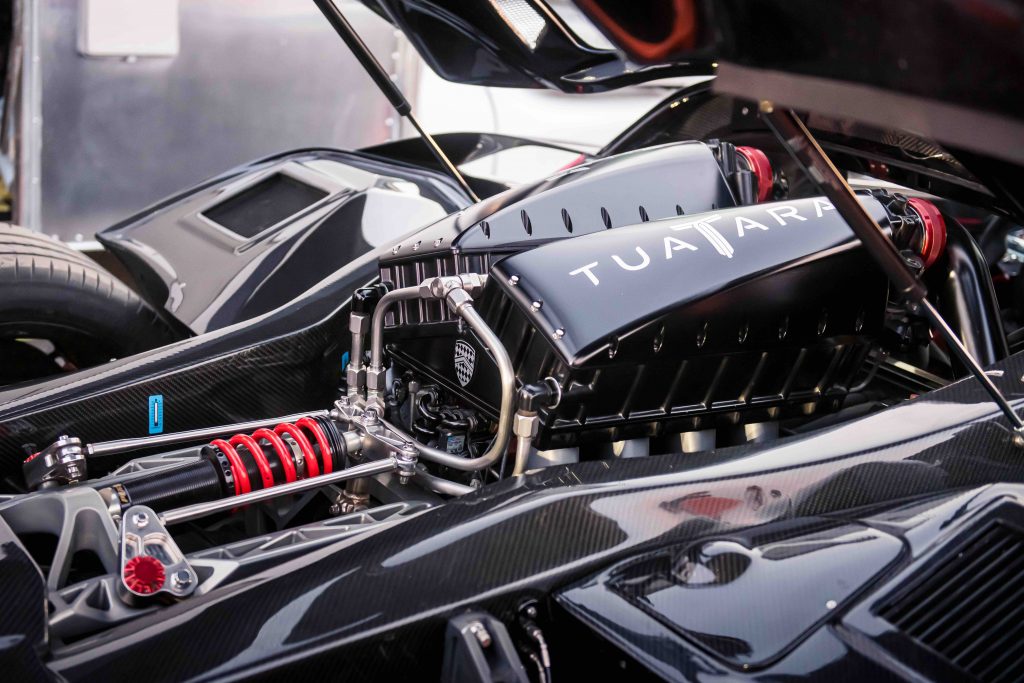
Back to these allegations, a lot of big names in the business will be on the line if this record turns out to be faked. So it would be in SSC’s best interest to actually ensure that this record breaking attempt is legitimate. After all, who would want to buy a hypercar who’s name has been tarnished like that?
If the 280+ mph top speed that the theories out there are claiming do indeed turn out to be true, it in itself is already a good enough time for the American hypercar. There will still undoubtably be people around with money to burn who will desire to own the world’s fastest American car. Thus there is no real incentive for them to fake it. Moreover, not every hypercar needs a record attached to sell. Look at Pagani for instance.
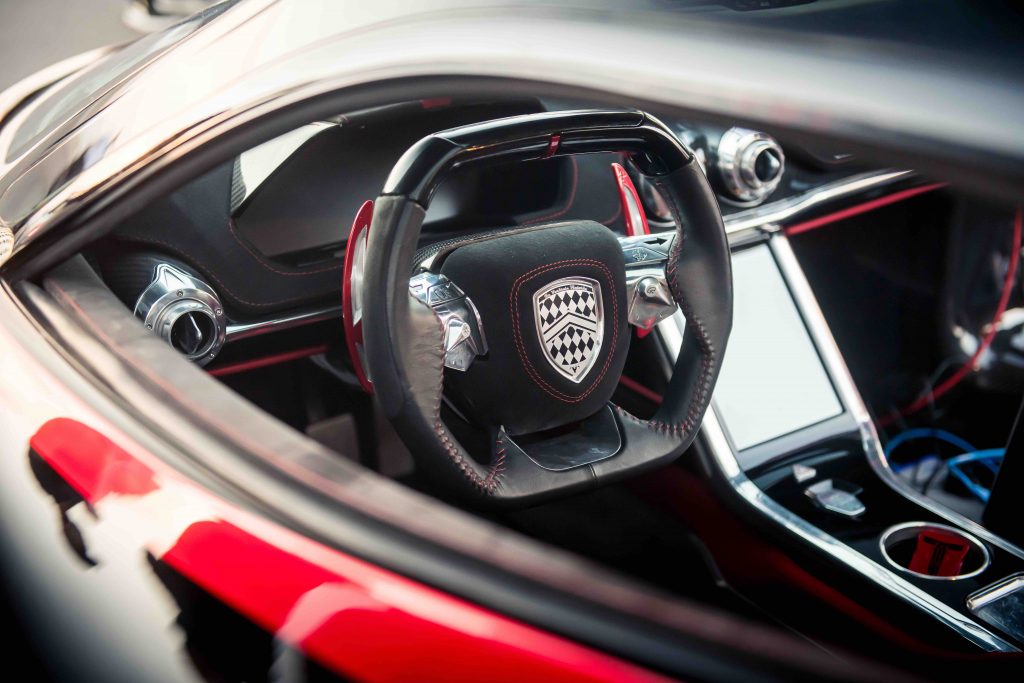
So if this really does turn out to be faked, which is a very low possibility in itself, the follow-up question to ask will be why bother even faking it in the first place?
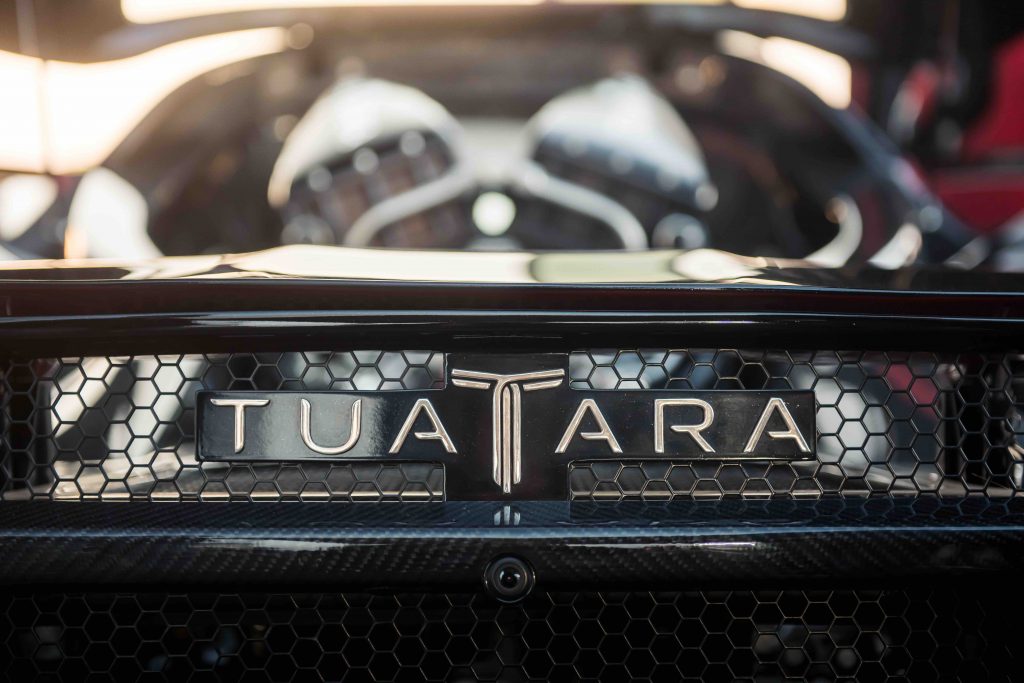
PRESS RELEASE: DEWETRON, a globally respected GPS data-measurement manufacturer, has validated SSC North America’s claim that its Tuatara hypercar had averaged a top-speed run of 316.11mph (508.73 km/h) as recorded on October 10, 2020 near Pahrump, Nevada. That average speed was determined based on two runs, of 301.07 mph (484.53 km/h) and 331.15 mph (532.93 km/h), traveling in opposite directions.
DEWETRON has worked with SSC since the hypercar manufacturer utilized its GPS measurement systems for the Ultimate Aero top speed record in 2007. Four out of five of the last world top-speed records were measured and validated on the same DEWETRON system.
“DEWETRONs DAQ Hardware is based on the latest ADC technology combined with cutting edge technology in resampling and oversampling,” said Christoph Wiedner, DEWETRON Chief Product Officer. “ISO and NIST calibration certificates ensure our equipment meets the highest level of quality for industrial and military standards. DEWETRON’s GPS measurement systems are used in numerous industries that require precision telemetry data. DEWETRON systems are modular in design allowing delivery of reliable measurement data and provide flexible, needs-based data acquisition capability to the Energy, Automotive, Transportation and Aerospace industries.”
“Our planning process for the record run was extensive, and required thorough validation to ensure everything was captured accurately and legitimately,” Jerod Shelby, CEO of SSC North America, explains. “SSC was committed to using DEWETRON’s measurement system; we have been incredibly impressed by the accuracy, as well as the direct support that their team has provided to ensure proper implementation and data verification.”
